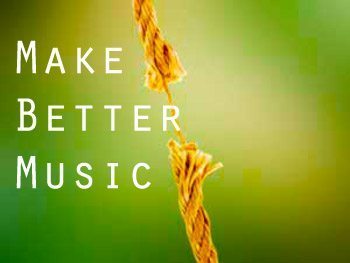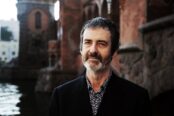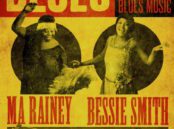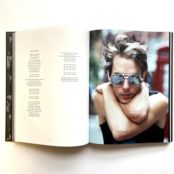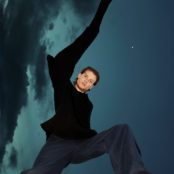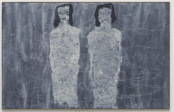Aside from a couple of notable early automations, it was only relatively recently that it became possible to make music that does not require the ability of a human to play it.
It’s one of memories that fades with each generation – kids hitting their teens now will probably not remember a time before having a computer, and there was not some kind of “app” that could do what you require to be done. When it comes to music, this is good and bad news.
On the plus side, a new generation (one that has grown up with remarkably powerful music tech tools) will do things with music software that are incredible, ground breaking, ear-catching and mind blowing. The downside may be a lot of people who mistake combining childlike stumbling in software that can automate everything, with actually doing something…and perhaps more importantly it may lead to a slight decline in people actually playing things. I’m in no sense saying that live music is dying out – it never will, it’s just that a certain portion of the creative crowd can get further and further away from even knowing what live music can be.
Anyway, this is not a rant about “these kids” or “technology” – it’s simply about limits. I’ve mentioned many times before that limits can define boundaries in a positive way, giving your imagination less options and thereby forcing innovation. I’m not complaining about computers being used in music, only that the less limits are imposed on the music making process, the less imagination you are forced to use. It does not mean you cannot make wild leaps of imagination – I just feel that you are not forced to make that leap.
The piano is a great example. No-one can deny that the piano is a powerhouse of an instrument, used in almost all kinds of music, it can seemingly do almost anything. Except sustain notes, or bend notes, or play vibrato, or play more than ten notes (excluding clusters) per player. A single piano player cannot play a very high note, and a low note, and also play something in the middle, without the use of their nose. Certain combinations of notes are impossible to play, certain effects cannot be achieved. This is obviously focussing on the negative – the important things are what it can do. Yet limitations abound.
The physical attributes of humans limit us to using (on the whole) ten fingers, spread over two arms. Drummers get to use four limbs, if they are lucky. Imagine if humans has six limbs, or twelve fingers, or two mouths. Almost every musical instrument would be played in a different way. None of the pieces of music that exist now would be the same. Imagine if we had four ears, or six. Or two brains capable of processing much more complex music, or multiple sources. The live music experience would be utterly transformed. Just think of how the piano would be played if we all had six fingers on each hand, or the range of our hearing was doubled at either end of the spectrum. The piano would need over a hundred keys for a start. Stringed instruments would look (and sound) dramatically different.
Imagine what wind instruments would be like designed for a being with two mouths!
If we head another mechanism to power us rather than our regularly pumping heart, would we respond to rhythm in the same way? With twelve or sixteen fingers, would our maths be based on the same principles? What would that mean for the way we organise rhythm and pitch?
And finally, what on earth would the music sound like?
I could, if I really wanted to know…follow this sort of logic and create this music myself. If only someone could make a plugin for this sort of thing so I don’t need to do the hard work myself….
About Dave.
David Learnt composition (harmony, counterpoint and orchestration) to degree level through studying Schoenbergs Fundamentals of Musical Composition. He is a founder member of Avant Pop duo Cnut, and orchestral doombience outfit Regolith.
Make Better Music is updated every Tuesday. For previous articles search for ‘Dave Graham‘
Image: Francesco Marino / FreeDigitalPhotos.net
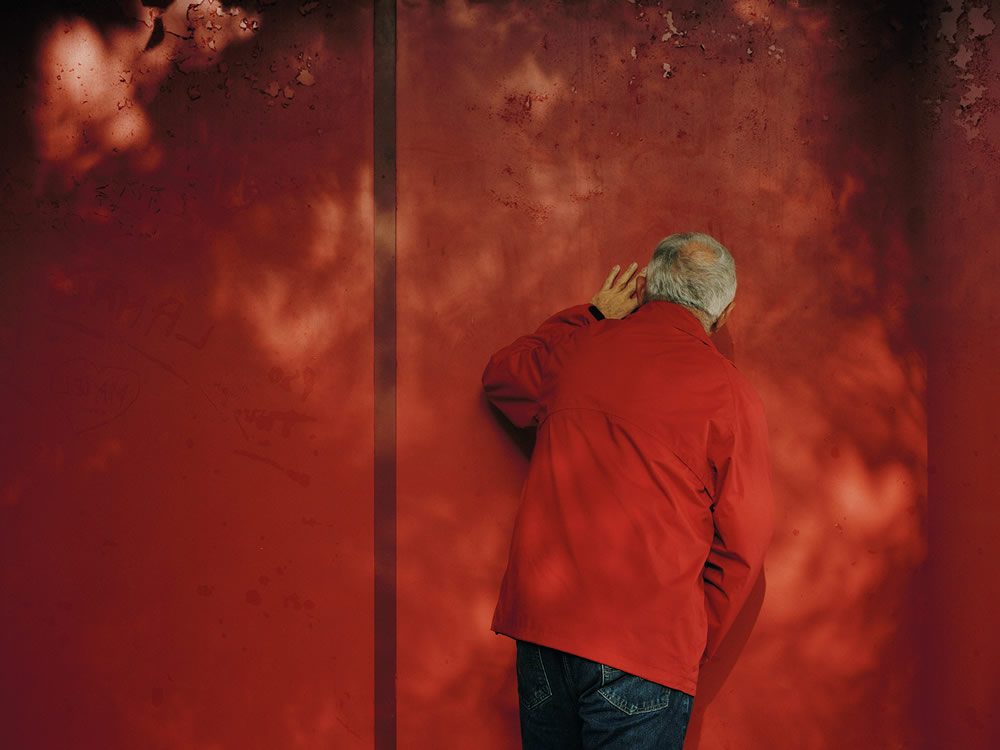
David Learnt composition (harmony, counterpoint and orchestration) to degree level through studying Schoenbergs Fundamentals of Musical Composition, the classic text on twentieth century harmony by Vincent Persichetti, Henry Mancini’s Sounds and Scores, Rimsky-Korsakov’s excellent books on orchestration as well as studying any scores that intrigued me. He is a founder member of two bands, avant pop duo Cnut, and orchestral doombience outfit Regolith, and have performed across Europe with them.

